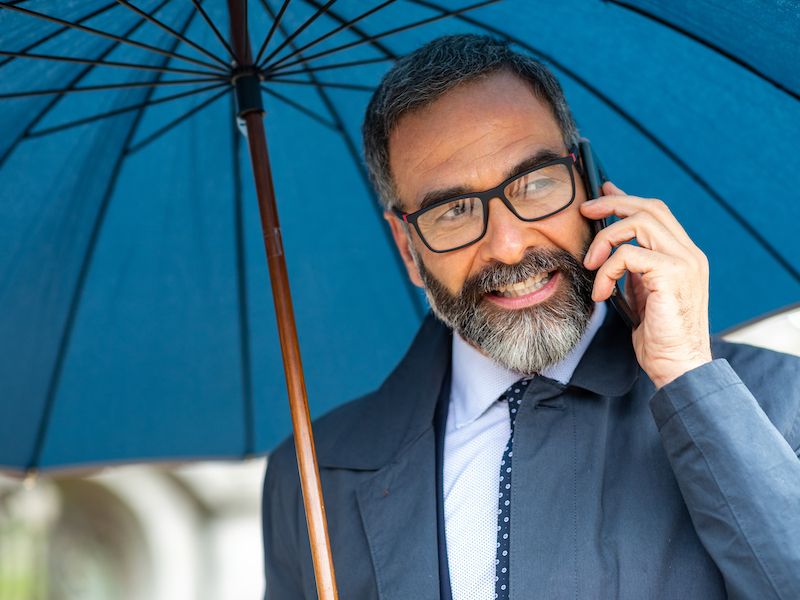
John’s been having problems hearing at work. He’s in denial and is constantly telling himself that everyone is mumbling. What’s more, he thinks he’s too young for hearing aids, so he has been procrastinating on seeking out a hearing professional, and hasn’t had a hearing examination. Unfortunately, he’s been doing considerable harm to his ears by cranking up on his earbuds. So, sadly, his denial has prevented him from seeking out help.
But John’s mindset is more outdated than he thinks. Because the stigma around loss of hearing is becoming less prevalent. While in some circles, there’s still a stigma about hearing loss, it’s much less pronounced than it was previously, particularly with younger generations. (Ironic isn’t it?)
What is The Harm of Hearing Loss Stigma?
The social and cultural connections with hearing loss can be, to put it simply, incorrect and not helpful. Loss of vitality and aging are oftentimes connected to loss of hearing. People are commonly concerned that they could lose social status if others know they suffer from hearing loss. They feel like they may look old and come off as less “cool”.
This problem may be thought of as trivial and not associated with reality. But for individuals who are attempting to cope with hearing loss there are some very genuine repercussions. Including these examples:
- Difficulties in your relationships (that wasn’t just selective hearing…you really didn’t hear what was said).
- Putting off treatment of hearing loss (leading to needless struggling and poor outcomes).
- Career obstacles (Perhaps you were attending a meeting and you missed some important information).
- Job hunting problems (it’s sad to say, but some people may buy into the stigmas around hearing loss even if it’s not entirely legal).
There are numerous more examples but the point is well made.
Luckily, this is all changing, and It seems as though the stigma of hearing loss is really going away.
The Reasons For The Decline of Hearing Loss Stigma
This decline in hearing loss stigma is occurring for a variety of reasons. Population demographics are changing and so is our perception of technology.
It’s Becoming More Common For Young Adults to Have Hearing Loss
Younger adults are dealing with hearing loss more frequently and that could certainly be the biggest reason for the decline in the stigma associated with it.
Most statistical studies report the number of individuals who have hearing loss in the U.S. about 34 million, which translates into 1 out of every 10 people. There are too many reasons for this for us to get into here (noise from several sources appears to be the largest problem), but the main point is that hearing loss is more common now than it ever has been in the past.
As hearing loss becomes more common, it becomes easier to break down the stigmas and false information concerning hearing issues.
We’ve Become More Familiar With Technology
Maybe you were worried that your first set of hearing aids would cause you to look old so you resisted using them. But these days, technology is so pervasive that hearing aids pretty much entirely blend in. No one really even sees them. This is also, in part, because hearing aids are smaller than they ever used to be and in most instances are very subtle.
But hearing aids also typically go unobserved because today, everyones ears seem to have technology in them. Everyone is used to having technology so nobody cares if you have a helpful piece of it in your ear.
An Overdue Change in Thinking
There are other factors for why hearing loss has an improved image these days. Recently, loss of hearing has been portrayed with more accuracy (and more humanity) in popular culture, and several notable celebrities have come out with their own hearing loss truths.
There will continue to be less stigma about loss of hearing the more we see it in the world. Now, of course, we want to prevent hearing loss in every way that’s possible. The ideal would be to change the trends in youth hearing loss while combating against hearing loss stigma.
But at least as the stigma goes away, more people will feel comfortable scheduling an appointment with their hearing care specialists and undergoing normal screenings. This will keep everyone hearing better and enhance overall hearing health.
